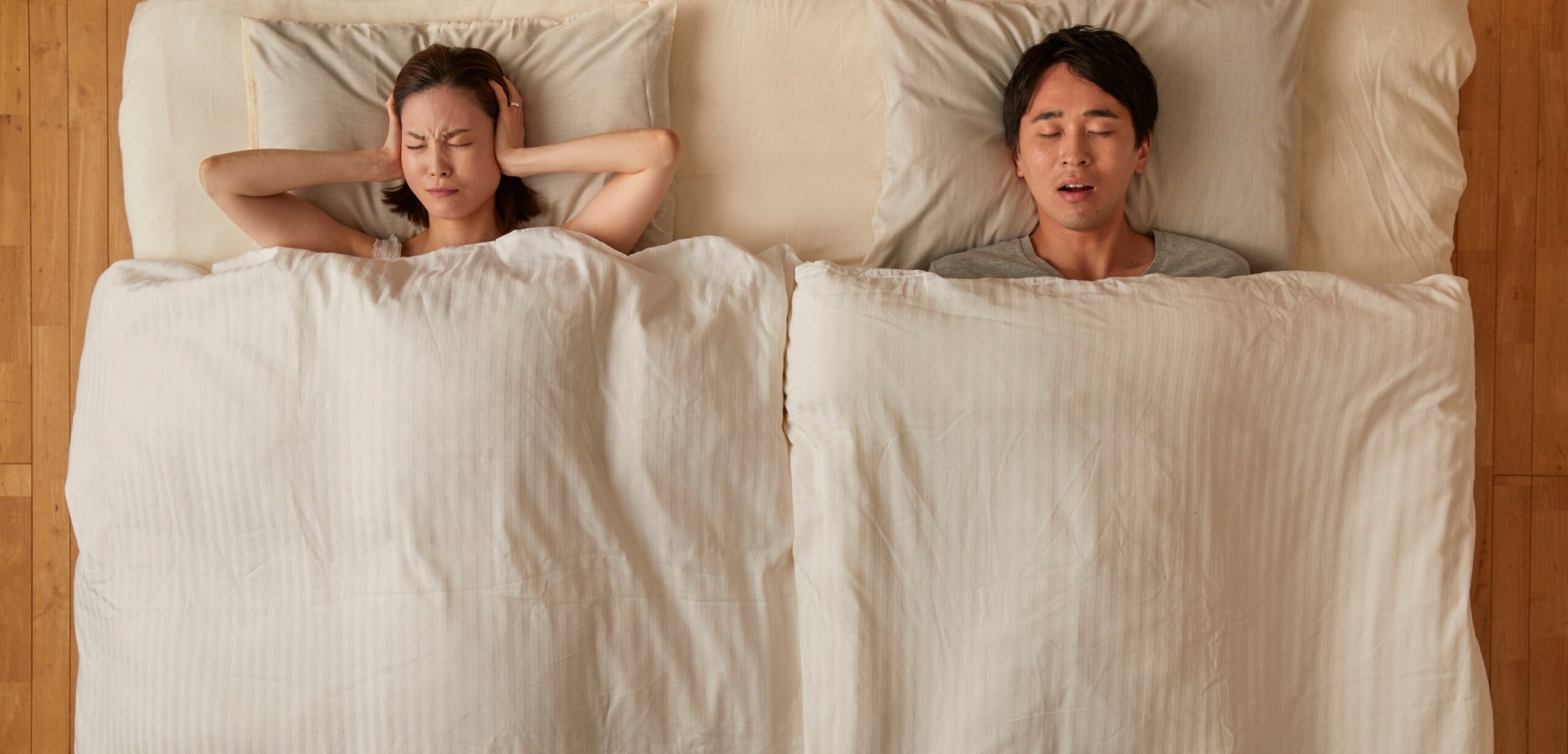Call: 281-955-0251
How to Choose the Right Anti-Snoring Device for Peaceful Sleep

By Winning Smiles Dental
Midnight quiet is broken. You wake up with a start, snoring once more. It can be yours or theirs- doesn’t matter. Sleep’s lost. Your anti-snoring device remains unused. It’s uncomfortable. If it is ineffective, another night is wasted and results in another sluggish morning.
Untroubled sleep becomes a dream. It builds frustration and depletes energy. Moreover, relationships suffer silently. If you disregard snoring, it isn’t innocent. It destroys health, love, and life.
An anti-snoring device has the ability to change everything if you choose the right one.
Why Does Snoring Occur?
Snoring typically begins when airflow is blocked during sleep. It’s louder still when tissues vibrate. Telltale causes are nasal congestion, obesity, alcohol, or sleeping in an awkward position.
Some snore by the nose, some by the mouth, and some deeper in the throat. Each category responds best to particular anti-snore treatments and devices.
You must determine your snoring type before selecting a device, as it is crucial for effective anti-snore treatment in Houston. Self-screening or physician assistance can significantly elucidate that.
Types of Anti-Snoring Appliances
Nasal Dilators expand the nasal passages. Internal types fit in, and outer types adhere externally to the nose. These are excellent for nasal snorers.
Chin Straps softly keep the jaw shut. They are best suited to mouth snorers. Moreover, they are easy to wear and inexpensive. Mouthpieces such as MADs move the jaw forward, and TRDs keep the tongue in position. Both correct throat snoring.
CPAP Machines are strong. However, they are optimal for diagnosed sleep apnea. Prescription and professional fitting are necessary.
Smart Snoring Solutions significantly recognize snoring in real-time and provide vibration or sound alerts. They are suitable for tech-savvy users seeking effective anti-snoring treatment.
Things to Consider When Selecting a Device
Selecting an anti-snoring device isn’t a one-size-fits-all. You must begin with comfort and fit. If it’s uncomfortable or clunky, you won’t wear it.
In addition, you must understand the cause of your snoring. A nasal snorer may need a dilator, while a throat snorer benefits from a MAD. Consider checking your budget. Some anti-snoring devices are inexpensive, while others, such as CPAP machines or smart gadgets, are more expensive.
Ease of cleaning matters. Daily maintenance is crucial for maintaining hygiene and prolonging the device’s lifespan. Your sleep position also plays a role. Back sleepers may need position-training smart devices.
Select whether you require a prescription product (such as a CPAP) or would like an over-the-counter option. If you are in doubt, consult a sleep specialist. An effective anti-snore treatment regimen often begins with a professional diagnosis.
Your anti-snoring device should be effective, comfortable, and simple to use as part of your evening routine. Smart decisions today lead to quiet nights tomorrow.
Tips for Getting the Best Results
Consider using your anti-snoring device regularly, even if it feels strange at first. Patience is a virtue. Pair it with lifestyle adjustments. You can lose excess weight, sleep on your side, drink plenty of water, and avoid alcohol. If snoring persists or worsens, consult a doctor. It could be sleep apnea requiring professional anti-snore treatment.
The ideal anti-snoring device for you may not be the best for another person. It takes time, experimentation, and some trial-and-error to find the right one. However, restful, undisturbed sleep is well worth the quest. Your health, concentration, and relationships will reward you.
